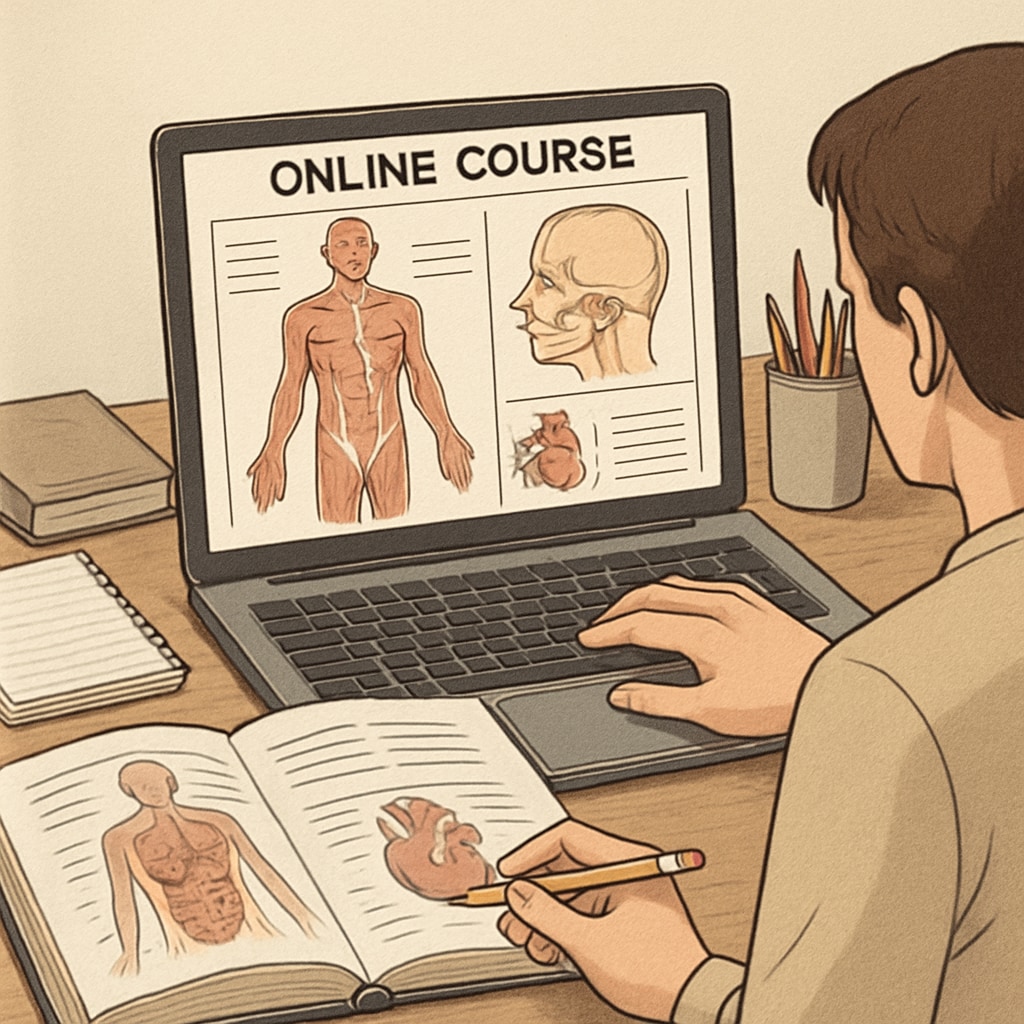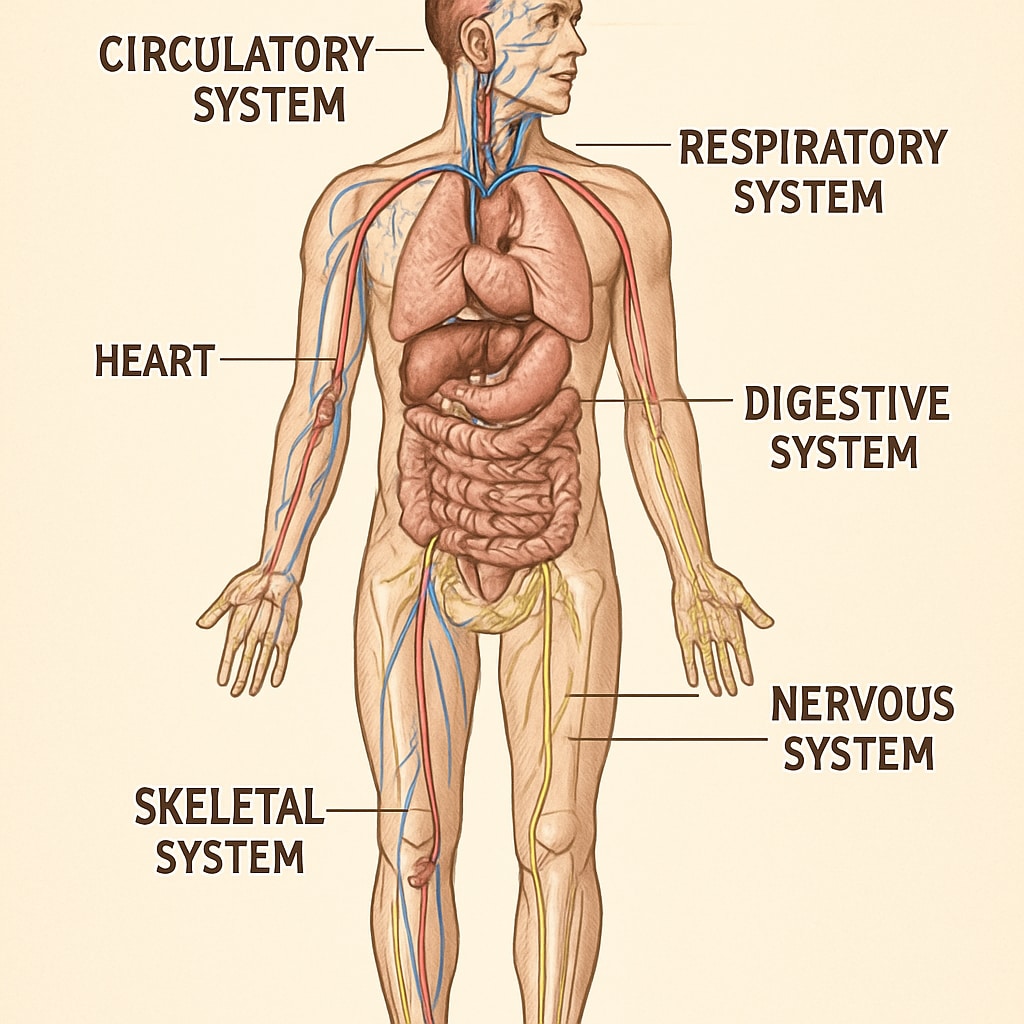In today’s digital age, “medical education resources” are no longer limited to medical students and professionals. Non-medical individuals increasingly seek knowledge in specific medical fields — whether out of intellectual curiosity, professional necessity, or personal reasons. However, navigating this complex domain without a formal background can be daunting. This article explores how non-medical learners can effectively access educational resources, particularly through online courses, and build a structured knowledge framework to delve deeper into medical science.
Understanding the Landscape of Medical Education Resources
The world of medical education is highly polarized. On one end, there are rigorous academic programs designed for licensed medical professionals, while on the other, there are basic health and wellness resources for the general public. For non-medical learners seeking intermediate-level knowledge, finding the right resources can be challenging. However, the rise of MOOCs (Massive Open Online Courses) and specialized learning platforms has begun addressing this gap.
Platforms like edX and Coursera offer courses in diverse medical fields, ranging from anatomy to public health. These courses are often created by leading institutions, providing credible and accessible learning opportunities. Additionally, platforms like Khan Academy focus on simplifying complex medical concepts for beginners.
How Non-Medical Learners Can Target Specific Medical Topics
To effectively learn medical concepts, non-medical individuals must first define their goals. Are you interested in understanding public health policies, exploring neuroscience, or gaining insights into clinical research? Once the objective is clear, the next step is to identify resources that cater to your specific needs.
Here are three actionable steps:
- Start with foundational courses: Platforms like Udemy and Skillshare offer beginner-friendly courses in human biology and anatomy.
- Leverage open textbooks: Websites like OpenStax provide free medical and scientific textbooks, which are excellent for structured learning.
- Participate in forums and communities: Joining platforms like Reddit’s r/medicine or specialized forums allows you to learn from experienced professionals and peers.

Building a Systematic Approach to Medical Education
Consistency is key when diving into unfamiliar territories like medical education. A systematic approach can help non-medical learners gradually transition from basic to advanced knowledge. Here’s a suggested framework:
- Set clear milestones: Break down your learning into manageable phases, such as mastering terminology, understanding basic systems, and exploring specialized topics.
- Use multimedia resources: Combine video lectures, podcasts, and interactive quizzes to reinforce learning. Websites like Osmosis and Lecturio are great for visual learners.
- Apply practical examples: Relate your learning to real-world scenarios. For instance, if studying epidemiology, follow current health trends and research updates.
Additionally, keeping a journal to document your progress and questions can deepen your understanding and provide a clear roadmap for future learning.

Challenges and How to Overcome Them
Non-medical learners often face hurdles such as unfamiliar jargon, lack of formal mentorship, and difficulty verifying resource credibility. To overcome these challenges:
- Invest time in learning terminology: Use medical dictionaries or apps like Medscape to decode complex terms.
- Find mentors or study groups: Collaborating with medical students or professionals through LinkedIn or academic networks can provide guidance.
- Cross-check sources: Always verify information using authoritative references such as the National Center for Biotechnology Information (NCBI).
The Role of Online Courses in Medical Self-Education
Online courses have revolutionized self-learning, especially in fields like medicine. They offer flexibility, allowing learners to study at their own pace, and often include interactive elements to enhance retention. For example, Harvard’s online learning portal provides introductory courses in physiology and biochemistry tailored for diverse audiences.
Moreover, many platforms offer certificates upon completion, which can add value for professionals seeking to complement their primary expertise with medical knowledge.
Final Thoughts: Embarking on a journey to understand medicine as a non-medical learner can be both challenging and rewarding. With the right resources, a clear strategy, and consistent effort, it’s possible to gain meaningful insights into this fascinating field.


